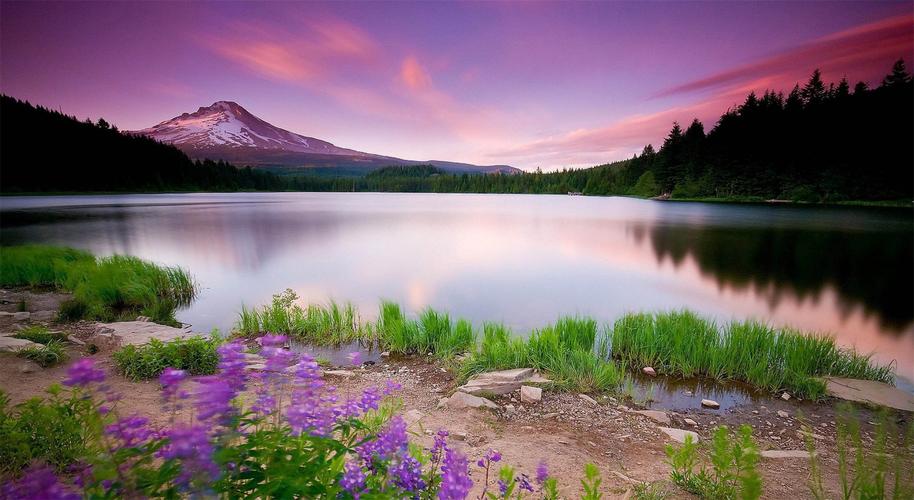Exploring the Rise of Culture: An Analysis of Modern Society
The Evolution of Culture
Culture has always been a vital aspect of human society, shaping our traditions, beliefs, and values. With the rise of globalization, the world has become more interconnected, and we have witnessed a significant evolution in our collective culture. In recent years, advancements in technology and the internet have further accelerated cultural changes, giving rise to a new era of modern society.
The Role of Diversity
One of the most significant drivers of cultural evolution is diversity. As communities become more diverse, new ideas, customs, and traditions emerge, challenging and transforming existing cultural norms. The exchange of ideas and the blending of various cultures have given rise to a more inclusive and rich society, where people can express their identities more freely.
The Emergence of Pop Culture
Pop culture has also played a significant role in shaping modern society. Popular media, such as music, movies, and TV shows, have become a global phenomenon, attracting a massive fan following from different parts of the world. The influence of pop culture extends beyond entertainment, as it also shapes fashion, art, and other areas of society.
The Impact of Digital Culture
The advent of the internet has brought about a new type of culture, the digital culture. The internet has turned the world into a global village, facilitating interaction and exchange of ideas between people from different parts of the world. Social media platforms have become a significant part of digital culture, allowing people to connect, share ideas, and form communities online.
The Advancement of Consumer Culture
Consumer culture has also become an integral part of modern society. With the rise of capitalism, consumption has become a way of life, with people buying products and services to express their identities and status. The advertising industry has also played a significant role in promoting consumer culture, creating a desire for new products and services.
Conclusion
In conclusion, modern society has undergone significant cultural changes in recent years, driven by globalization, diversity, pop culture, digital culture, and consumer culture. These changes have created a more dynamic and inclusive society, where people can express their identities more freely. However, these changes also present challenges, such as cultural conflicts and the erosion of traditional values. As we continue to explore the rise of culture, it’s crucial to strike a balance between preserving our cultural heritage and embracing new cultural norms.
(Note: Do you have knowledge or insights to share? Unlock new opportunities and expand your reach by joining our authors team. Click Registration to join us and share your expertise with our readers.)
Speech tips:
Please note that any statements involving politics will not be approved.
